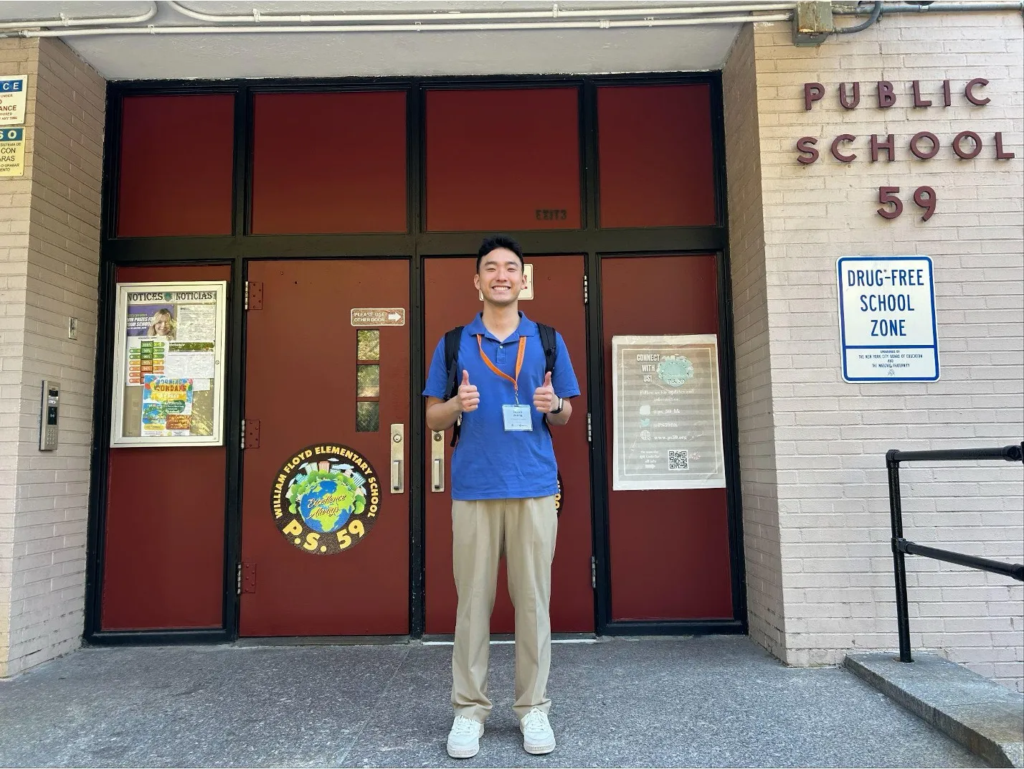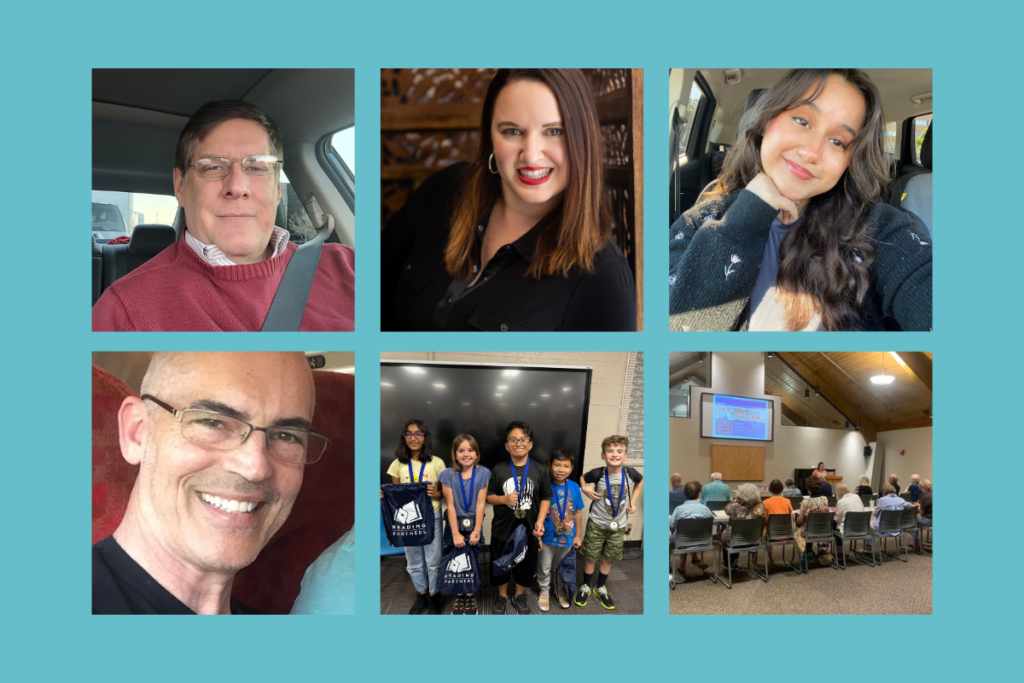
National implications of moving the literacy needle in California
April 12, 2016
Originally published by Huffington Post.
California is the most populous state in the union, and the California Department of Education is responsible for educating more students than any other state agency in the country. In 2015, the department was charged with providing primary and secondary education to over six million students. With a population that size, successful education policies that are enacted in California have the potential to impact national education data, and as a result, are much more likely to influence other states to follow California’s lead.
At the end of 2015, President Obama and the Republican-led Congress came together to pass a bipartisan overhaul of No Child Left Behind called the Every Student Succeeds Act (ESSA).
As I’ve written here before, ESSA is an important step forward for national education policy, and presents opportunities to help more students read. One of the consequences of ESSA’s passage is that more education policy decisions will be made in the halls of state legislatures and the offices of state school superintendents. The federal government will continue to provide broad framework and oversight, but many details on how federal education grant money will be used, and what constitutes accountability in performance, will be state-driven decisions.
We need to define what smart state-level legislation looks like and how it can work. Founded and headquartered in California, Reading Partners is excited to support the California Golden State Reading Guarantee (SB 1145) introduced by Senator Ben Hueso (D). SB 1145 isn’t just good policy for California, it’s a model for state-level policy across the country.
At the end of last year, we learned that 60 percent of all California fourth graders are not meeting the reading standards set by the state’s new “Smarter Balanced Test“. For California and all-too-many states facing similar proficiency gaps, that’s a surefire cause for concern. With so many kids being left behind we are creating a generation that will be unable to progress through school or have fruitful careers in an economy increasingly reliant on highly-educated workers, be that through college or the trades. That’s clearly a worrisome trajectory for students, families and the economy.
SB 1145 takes on the reading gap emerging in California’s schools by making strategic investments in students during the kindergarten through fourth-grade years in order to provide struggling students with the resources they need, when they need them the most. The critical components of the legislation include:
Individualized reading plans: Giving struggling readers exactly what they need
Family engagement: Involving parents and guardians in decisions that affect their children
Additional K-3 Funding: Seeking appropriate and sufficient funding to increase the amount schools receive for students in kindergarten through 3rd grade under the Local Control Funding Formula in order to fulfill the requirements of this legislation
The bill starts from the premise that reading is the most fundamental skill for learning—an essential building block of all education. Children who fail to master reading at an early age will be unable to master other subjects.
What’s more, each student is unique and requires an approach that is flexible and attentive to the unique needs of every learner. Hence, the legislation requires that all K-4 students identified as struggling readers receive an individualized, evidence-based intervention reading plan that is customized based on feedback from teachers, families, a reading specialist, and a school administrator. Students who are disabled or in the process of learning English will receive approaches molded to fit their particular needs.
State legislatures have been called the laboratories of America’s democracy, and California is the largest laboratory we’ve got. As state policymakers move forward in the ESSA era, strategic investments in reading during the K-4 years will pay big dividends for generations. California’s Golden State Reading Guarantee is a leading example of this forward-thinking approach and a model for other states to consider. We thank Senator Hueso for his leadership on this issue. The country is watching.



